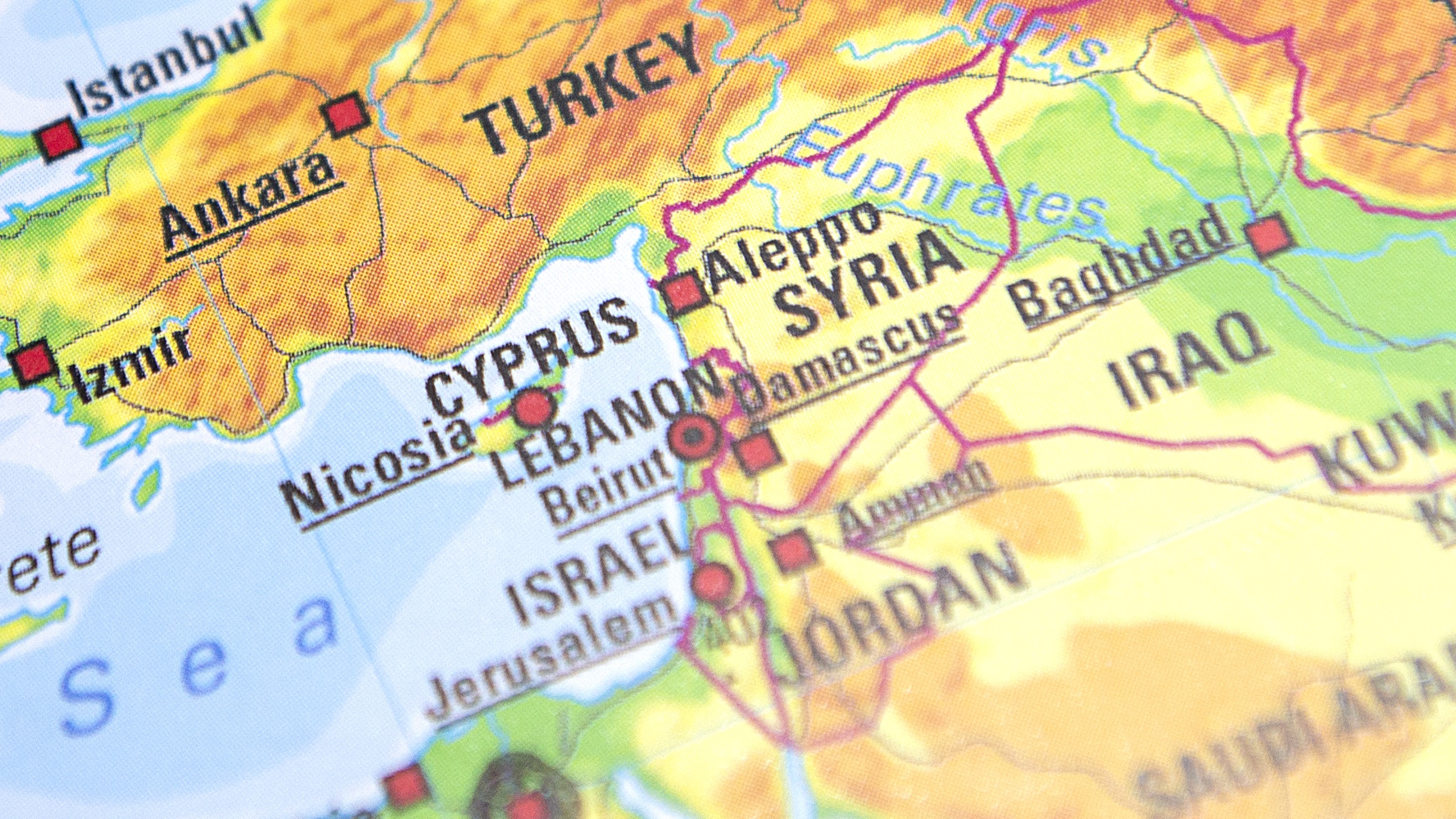What Israel Wants From Syria
An-Nahar, Lebanon, August 8
Israel’s longstanding policies toward the Assad regime have rested on a foundation of predictability and control, shaped by decades of relative stability along the Syrian-Israeli border, which has remained the quietest front for half a century (1974–2024). These policies have been underpinned by the regime’s iron grip on domestic security, the Syrian army’s chronic lag in firepower, technology, communications, and leadership, and the fragile state of Syria’s economy and infrastructure, both incapable of sustaining the costs of war.
Adding to this, there exists a deep chasm between the regime and much of its own population. Against this backdrop, Israel’s approach to Syria over the past 14 years—since the eruption of the Syrian revolution—has been shaped by a calculated detachment from the country’s internal conflict, a posture captured in Israeli analyst Alex Fishman’s blunt maxim: “Let the Arabs commit suicide quietly.”
As military analyst Amos Harel wrote: “The battle in Syria is taking place between two camps fundamentally hostile to Israel. The mutual attrition between them, with no resolution in sight, is beneficial to Israel. The instability in Syria is dangerous, and the concentration of terrorist activists from global jihad organizations on the border in the Golan is disturbing, but it does not equate to the benefit resulting from the erosion of Syria’s military capabilities, both conventional and unconventional. Israel has no reason to hope for a victory for either of the hawkish sides.”
Give the gift of hope
We practice what we preach:
accurate, fearless journalism. But we can't do it alone.
- On the ground in Gaza, Syria, Israel, Egypt, Pakistan, and more
- Our program trained more than 100 journalists
- Calling out fake news and reporting real facts
- On the ground in Gaza, Syria, Israel, Egypt, Pakistan, and more
- Our program trained more than 100 journalists
- Calling out fake news and reporting real facts
Join us.
Support The Media Line. Save democracy.
Yet this posture has not been one of pure passivity—it has included direct and indirect interventions, both violent and subtle. Chief among these has been ensuring that security threats do not spill over from Syria’s chaos, a goal Israel has pursued through repeated airstrikes on Iranian and Hezbollah military installations and convoys, strict control over its border with Syria, and support for the dismantling of Syria’s chemical weapons arsenal. Israel has also avoided arming opposition groups with advanced weaponry, ensuring that neither side could decisively dominate, thus prolonging Syria’s political, military, economic, and social fragmentation.
Moreover, it has sought to frame the conflict as fundamentally sectarian—an argument that, over time, bolsters Israel’s self-definition as a Jewish state with its own sectarian character, while deflecting blame for regional instability onto the internal nature of Middle Eastern regimes and societies. Throughout this period, Israel has clung to several strategic constants: first, retaining the Syrian Golan Heights with no intention of withdrawal; second, preventing the reconstitution of Syrian military power; and third, maintaining the credibility of its deterrence and the operational freedom of its long arm, whether against Syria, Hezbollah, or Iranian assets.
These objectives, however, have sharpened in scope and ambition following the aftermath of the recent war, as Israel’s military reach now extends openly to Yemen and Iran, coupled with efforts to carve out demilitarized buffer zones for its security. In Lebanon, these zones would reach the Awali River, surpassing the previously cited Litani, while in Syria, they would stretch to the Damascus Governorate’s borders, encompassing Quneitra, Daraa, and As-Suwayda. Added to this are overtures toward intervening in Syria’s internal affairs under the guise of protecting “minorities.”
In essence, Israel seeks to entrench itself as a decisive regional actor in shaping the futures of Syria and Lebanon, leveraging both soft power and military force to weaken state and societal structures across the Arab Levant, ensuring a long-term strategic advantage. This strategy has unfolded with striking assertiveness: following the regime’s collapse on December 8, 2024, Israel crippled Syria’s military capabilities within three days, bombing the General Staff headquarters in Damascus and targets near the Republic Palace under the pretext of safeguarding the Druze in As-Suwayda, while consolidating its grip over buffer zones established under the 1974 Disengagement Agreement and deepening its incursions into Syrian territory.
Today, Israel seeks to capitalize on Syria’s perceived weakness in its transitional phase to press its political agenda and secure its safety for decades to come. In this climate, Syria, stripped of a viable military option, has only one path forward: to rebuild itself on a comprehensive national foundation rooted in the principles of unity, citizenship, and equality under the rule of law. Only by constructing a state of institutions that treats all its citizens as free and equal can Syria hope to regain its strength, protect its sovereignty, and thwart Israel’s expansionist ambitions.
Majed Kayali (translated by Asaf Zilberfarb)



